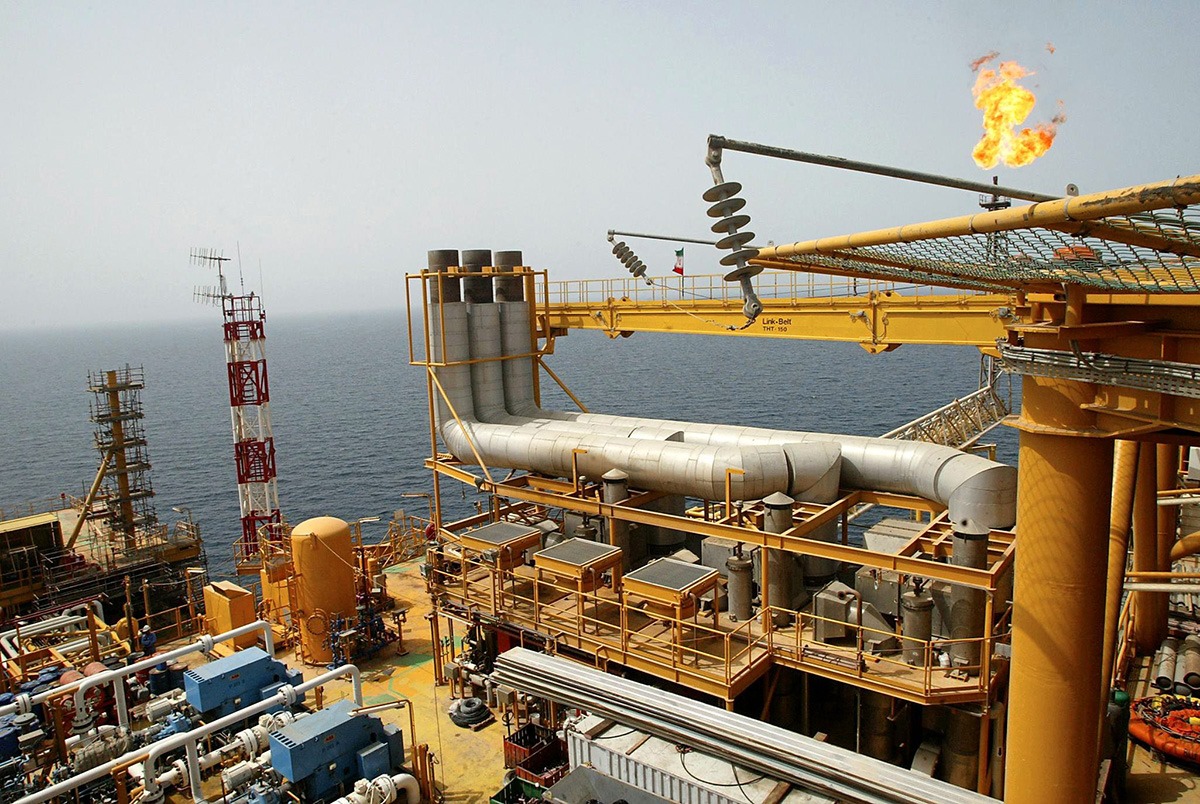Egypt and Turkey have had tense, nearly eruptive relations for the past six years. They were especially tense after the ouster in July 2013 of former Egyptian president and Muslim Brotherhood-affiliated Mohamed Morsi. Given recent developments in the Mediterranean and Libya, these tensions may have been the calm before the storm. Egypt, Turkey, and the Muslim Brotherhood Turkey’s Erdoğan and the Justice and Development Party (AKP) are well known for their ties to the Muslim Brotherhood and their support for the ousted president. In an interview with Ahval, Lorenzo Vidino, the head of the George Washington University Center for Cyber and Homeland Security’s Program on Extremism confirmed that the Islamists ruling Turkey in the Justice and Development Party (AKP) are linked to the Muslim Brotherhood, also known as the Ikhwan in Arabic. In the wake of Mohammed Morsi’s overthrow in July 2013, members of the Muslim Brotherhood sought refuge in Turkey, which indeed was provided by Erdogan at the time. This influx of MB members into Turkey also came as a result of the blockade enforced by some Gulf countries and Egypt on Qatar, granted Doha’s support for the Muslim…



